Video captures moment plastic enters food chain
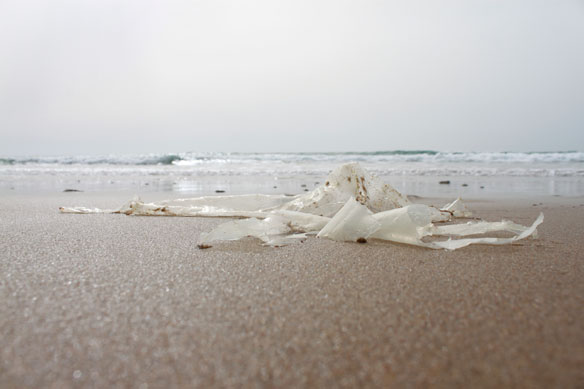
A scientist has filmed the moment plastic microfibre is ingested by plankton, illustrating how the material is affecting life beneath the waves. The footage shows one way that plastic waste could be entering the marine and global food chain.
U.S. EPA Reverses Obama-Era Request for Methane Emission Data from Oil and Gas Companies
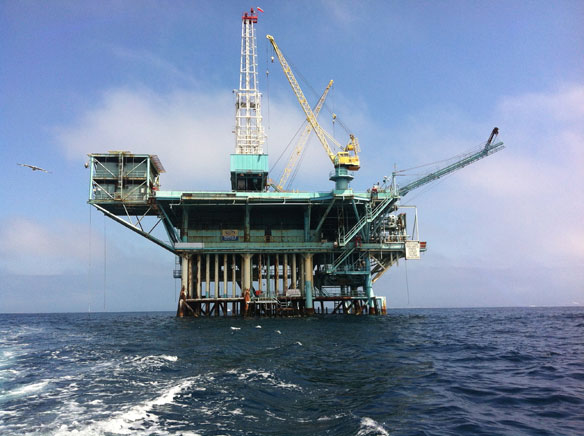
The U.S. Environmental Protection Agency announced it will no longer ask oil and gas well operators to submit information about their equipment or methane emissions. Methane is short-lived, but powerful greenhouse gas. Over the short term, it can trap heat at least 30 times more efficiently than carbon dioxide, and is thought to be responsible for about a quarter of modern global warming.
Cost-effective solutions to sediment runoff and other land-based pollution affecting West Maui reefs
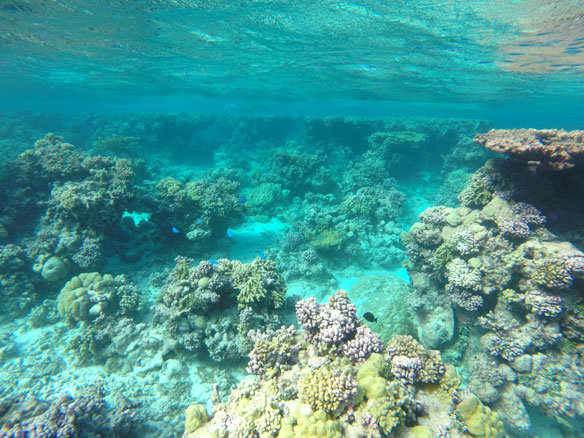
Land-based pollutants have been linked to the degradation of several Hawaiian reefs. Between 2000 and 2015, coral cover on West Maui’s northern reefs has dramatically declined from 30 percent to 10 percent.
Abandoned oil wellhead exposed after rains wash away sand at Summerlamd Beach; CA
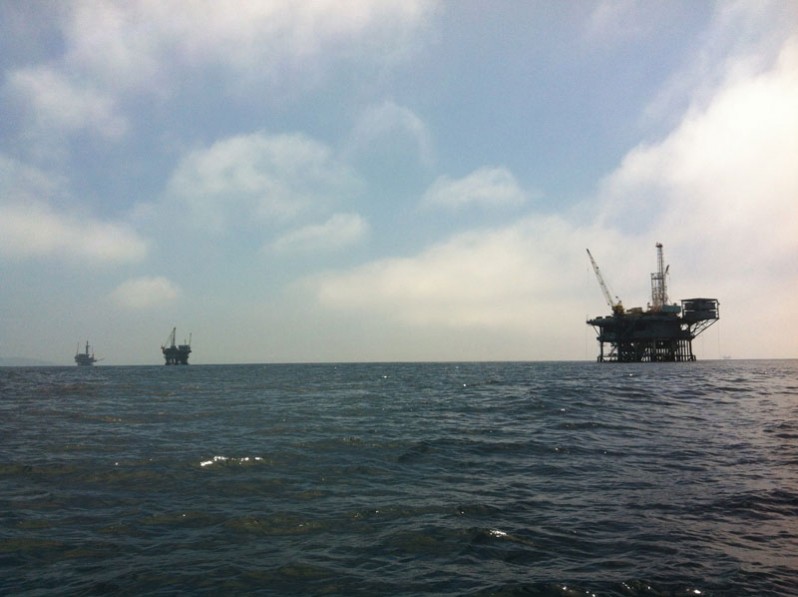
There are dozens of old wells at Summerland Beach which was once a bustling oil field, pumping out oil and gas from the Santa Barbara Channel. Wells were later abandoned, and leaks started springing up on the sand and in the water..
UN Declares War on Ocean Plastic

UN Environment launched today an unprecedented global campaign to eliminate major sources of marine litter: microplastics in cosmetics and the excessive, wasteful usage of single-use plastic by the year 2022.
Only 14% of plastics are recycled – can tech innovation tackle the rest?

The world recycles just 14% of the plastic packaging it uses. Even worse: 8m tons of plastic, much of it packaging, ends up in the oceans each year. 30% (by weight) of the plastic packaging isn’t recycled because the material is contaminated or too small for easy collection, has very low economic value or contains multiple materials that cannot be easily separated.
Plastic from tyres ‘major source’ of ocean pollution
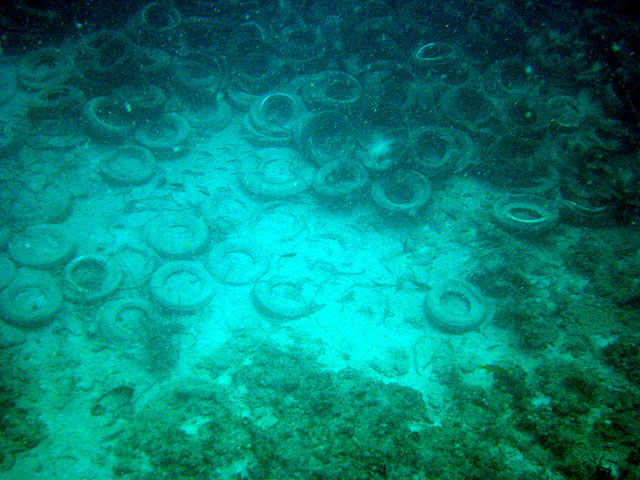
Microplastics from tyres and textiles are a bigger source of marine pollution than the breakdown of larger plastic waste in some areas, says the IUCN. The IUCN reviewed data from seven global regions to look at how much of the estimated 9.5 million tonnes of new plastic waste released into the oceans each year comes from primary microplastics.
Indonesia to declare war on marine plastic debris: Environment minister
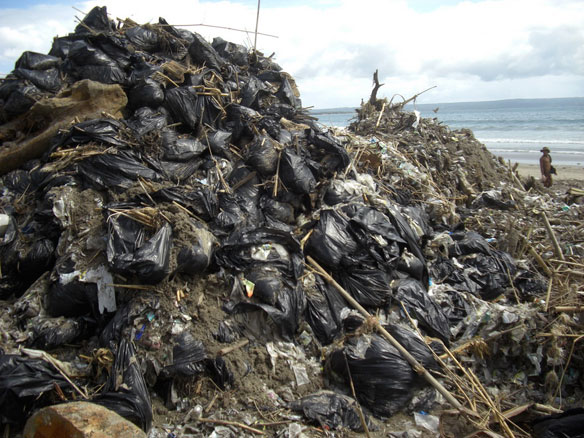
Indonesia will declare its commitment to combat plastic debris in marines on Feb 23 when it hosts the fourth World’s Ocean Summit in Bali, the country’s environment minister said.
Underwater seagrass beds dial back polluted seawater

Seagrass meadows – bountiful underwater gardens that nestle close to shore and are the most common coastal ecosystem on Earth – can reduce bacterial exposure for corals, other sea creatures and humans, according to new research.
